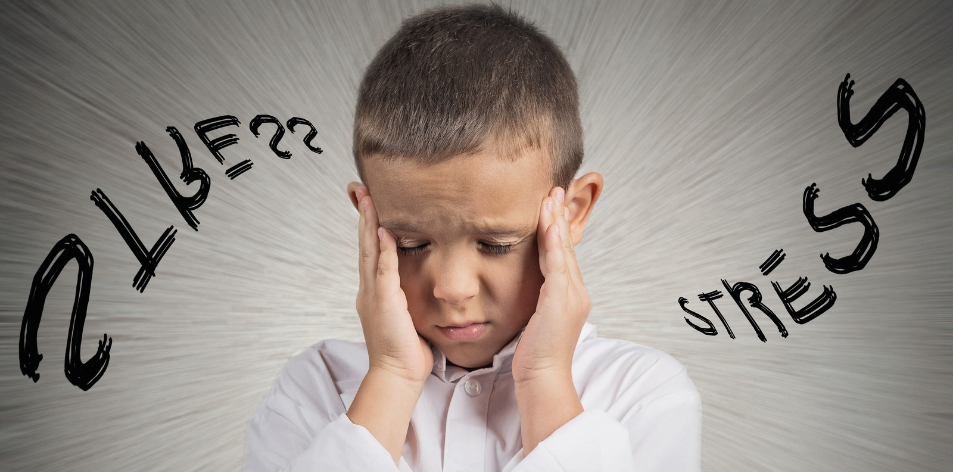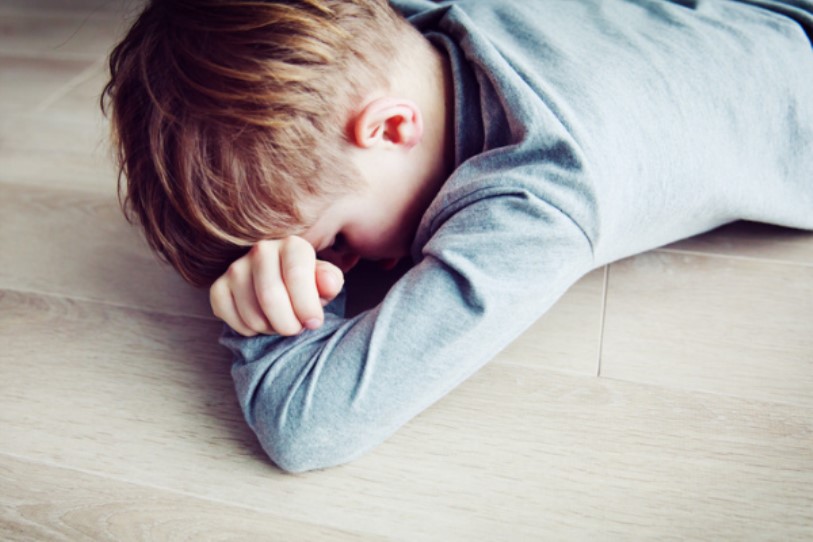
Stress In Children – H&S Education & Parenting
Understanding Stress In Children
Stress is a reaction of one’s body to the different situations or things that occur within or outside one’s body. Little amount of stress is good not just for adults but also for children. This good stress is responsible for the adrenaline and cortisol release to help your body, such as, during the fight or flight situation, for example, a sudden encounter with a wild animal. However, this is only good for the potentially life-threatening encounters that don’t happen often. If this stress response, on the other hand, occurs on a daily basis then it becomes an issue. Children who experience this kind of stress on a regular basis can end up suffering from ‘toxic stress’ where stress goes from being helpful and life-saving to unhelpful and detrimental. Toxic stress i.e. prolonged or excessive stress that occurs continually or triggered by different sources, can have a detrimental impact on your child’s long-term development. It’s important to understand that a child is more vulnerable to repeated stress because their brains and bodies are more sensitive. There are many causes of stress, however, for a child it can be the response of negative change in a child’s life.
The next common question that every parent has, is then what type of stress can my child have?
It’s important to note that there are 3 types of stress a child can experience; positive stress, tolerable stress and toxic stress.
Positive stress as discussed above is the good type of stress which is beneficial and an essential part of healthy development. This particular type of stress will result in increased heart rate for a brief period as well as increased hormone levels. Your child’s response on his/her first day of school is a good example of this kind of stress.
Tolerable stress is in certain unwanted frightening situations such as a hospital admission, or an accident where the body’s alert system is activated to a greater extent. Usually this type of stress can be overcome by a child provided they have a caring adult to help them get through this, if not then this can lead to damaging effects.
Toxic stress is the result of strong, continual and/or prolonged stress which leads to a prolonged activation of a child’s body’s alert system causing disruption in the brain and other organ developments and functions. Physical or emotional abuse, child neglect, exposure to violence, etc. are all responsible for toxic stress in a child. Toxic stress can lead to cognitive impairment and stress-related diseases which can last well into adulthood and beyond i.e. the damage can be irreversible.
Good parenting is what determines whether the resulting stress response will be tolerable or toxic.
Long-term & Short-term Effects Of Toxic Stress
A child’s brain chemistry, anatomy can all be altered by toxic stress. Toxic stress weakens the architecture of the developing brain which can result in many issues such as learning and behaviour problems along with other physical and mental health issues such as diabetes, heart disease among others. There is an overdrive of the Hypothalamic Pituitary & Adrenal Hormone axis which results in increased blood levels of the stress hormone ‘cortisol’. As you may or may not know, cortisol is the hormone that regulates many processes which occur in our body, and these include metabolism, immune response etc. It also helps the body respond to stress. Thus an increased amount of this can lead to long-term changes in immunity and inflammation which can also further lead to anxiety and impaired memory and mood control.


